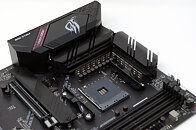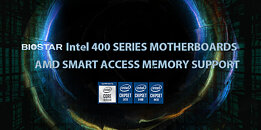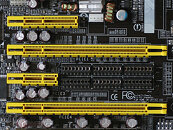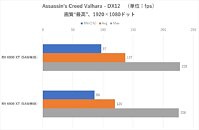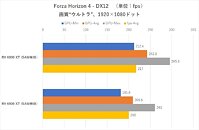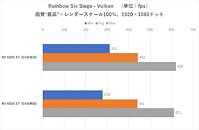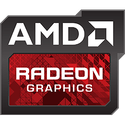
SAM/ReBAR Stripped Out of AMD Open-Source OpenGL Driver RadeonSI Gallium3D
Support for AMD's Smart Access Memory and the overarching Resizable BAR technologies has been removed from the RadeonSI Gallium3D OpenGL driver as of today's Mesa 22.3.7 release. The comment in the announcement simply reads, "Disable Smart Access Memory because CPU access has large overhead." The nail in the coffin seems to have been this bug ticket submitted last month for the game Hyperdimension Neptunia Re;Birth1, in which the user reported the game running oddly slow on their RX 6600 while previously they had no issues on the much older R9 380. The solution provided was to simply disable ReBAR/SAM either with radeonsi_disable_sam=true or via UEFI. In the comments of the ticket lead RadeonSI developer Marek Olšák states, "We've never tested SAM with radeonsi, and it's not necessary there."
Apparently the performance advantages weren't panning out for RadeonSI, and since direct optimizations of these features was not a primary goal the decision was made to cut them out. Attempts to optimize SAM with RadeonSI date as far back as December 2020 and Mesa 21.0, but support for SAM under Linux goes further back. None of the changes to RadeonSI will affect other drivers such as RADV, the open-source Radeon Vulkan driver, and this code change is limited to only the RadeonSI OpenGL driver.
Apparently the performance advantages weren't panning out for RadeonSI, and since direct optimizations of these features was not a primary goal the decision was made to cut them out. Attempts to optimize SAM with RadeonSI date as far back as December 2020 and Mesa 21.0, but support for SAM under Linux goes further back. None of the changes to RadeonSI will affect other drivers such as RADV, the open-source Radeon Vulkan driver, and this code change is limited to only the RadeonSI OpenGL driver.









